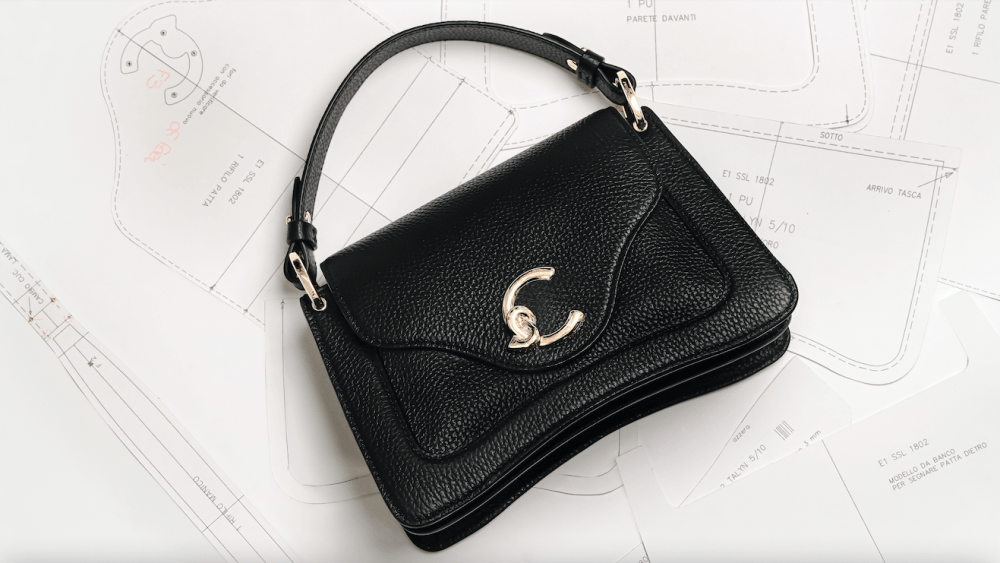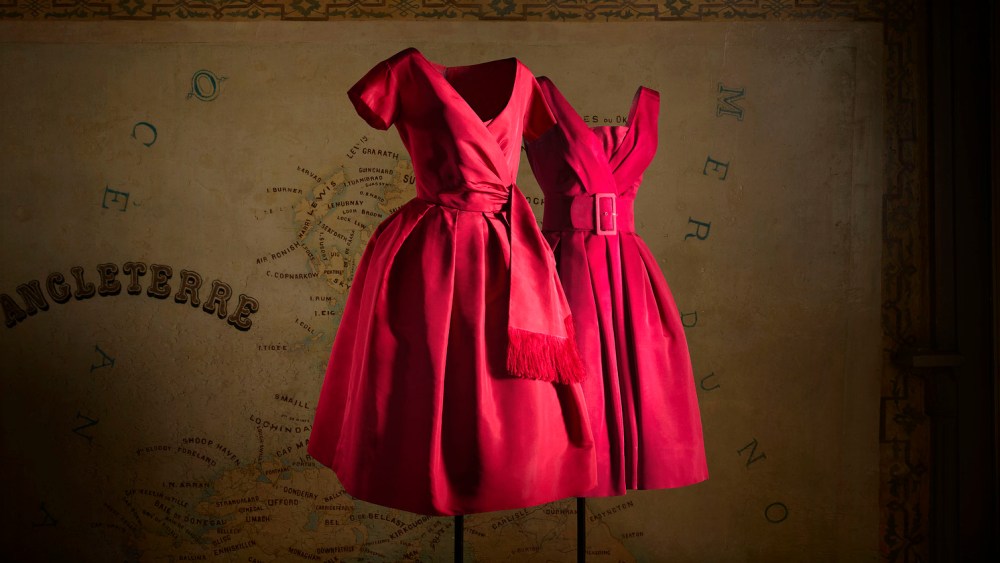MILAN — A strategy built on four pillars has boosted the performance of Italian accessories brand Coccinelle, which is poised to reach the 100-million-euro sales mark this year for the first time in its 46-year history.
The enhancement of its brick-and-mortar retail concept, customer experience, product and communications have propelled the Parma, Italy-based company’s sales and helped the firm to gradually scale up its desirability, brand awareness and international footprint, said general director Emanuele Mazziotta.
The brand’s revenues, which last year totaled around 90 million euros, grew 13 percent in the first nine months of the year versus the same period in 2023. Sales generated in its physical stores — including directly operated units and franchisers, both full-price and outlets — grew 14 percent compared to last year, while those from its e-commerce were up 10 percent.
You May Also Like
Domestic sales grew 12 percent in the first nine months of the year versus the same period last year, consolidating the Italian market as the top one for the brand, accounting for 44 percent of the total. Italy is followed by the rest of Europe, which accounts for 40 percent of sales and where third-quarter sales were up 15 percent, and Asia, accounting for 10 percent. Sales in the Middle East mostly make up for the rest of the business, with the market seen ripe for further growth, according to Mazziotta.
Hence Coccinelle’s recent opening of its first store at Galleria Al Maryah Island Mall in Abu Dhabi, which will be followed by the brand’s first unit in Dubai next year.

Mazziotta underscored the effort the company is making to boost its retail presence, highlighting that it embarked on more than 20 projects in 2024. Most took place in the domestic market, where the brand opened new units in southern Italy and revamped existing locations in cities like Rome, Naples and Taormina, Sicily, to mirror the new store concept introduced at the end of last year, as reported.
Ditto for the international ones, with refreshed units in Prague, Athens, Warsaw, Bangkok and Shanghai, and new locations, including Coccinelle’s first outpost in Vienna opening this month. The brand currently has 120 monobrand stores and is carried at 1,300 wholesale doors across department stores, multibrand stores and travel retail locations in 45 countries.
“The idea is to have new openings in strategic locations going hand-in-hand with the revamp of our stores to enhance our desirability as well as give a global coherence to our customers, so that they can immediately recognize Coccinelle and its codes as they step into a store,” said Mazziotta, revealing that the brand will also enter the Japanese market by the first half of 2025.
To further elevate the customer experience, this year the company has implemented the Coccinelle Academy, an internal program aimed at training its international sales force on the core values of the brand and the best way to communicate its storytelling and product features.

The design aspect also played a pivotal role in the business strategy, as Mazziotta pointed out how the company “worked on renovating our products while staying true to our democratic positioning and average price range,” swinging from 200 euros to 260 euros for handbags. He pointed to Coccinelle’s new C-Me handbag style for everyday use as an example. Seen as the brand’s new “It” bag, the style’s graphic yet soft leather shape bears shiny hardware that merges the initial of the brand with the plectrum-shaped design element that Coccinelle introduced in 2020 and which has become a recurrent embellishment running through its collections ever since.
The bag adds to other popular styles, including the Arlettis handbag, whose 10th anniversary will be celebrated with dedicated activities next year, said the executive.

To further build the appeal around its assortment, Coccinelle has recently embarked on a series of collaborations, forging ties with players from other industries. These included a tie-up with the Cracking Art movement for a project unveiled during the last edition of Milan Design Week that resulted in a rabbit-shaped bag reprising the large-scale installations the artists are best known for, to the latest capsule collection developed with Swiss brand Inuikii, which reinterpreted the former’s staple bag styles Beat and Oliver and the latter’s signature boots with materials such as eco shearling, suede and leather.
Not immune to fashion’s fascination with sports, Coccinelle has also been the travel and training partner of Parma Calcio’s female soccer team for the past two years, supplying accessories like the Campus Puffy backpack and Beat bag to accessorize navy suits lined with the brand’s signature pink color and pink shirts.
“Collaborations are an integral part of our strategy, key in our commitment to make this brand more and more desirable at the eyes of customers,” said Mazziotta, teasing more projects to come in 2025. “The goal is to let different worlds collide and coexist to have a more lifestyle approach.”

While leather bags remain Coccinelle’s core, accounting for 70 percent of total sales and followed by small leather goods, accounting for 22 percent, the brand stepped into the footwear category with an initial fall 2023 collection. The segment now accounts 5 percent of its total sales. What started as a capsule line gradually expanded into a full-fledged range addressing different occasions and mirroring the Coccinelle codes in terms of materials and colors as well as details, including the plectrum-shaped embellishment.
Other gaps in the assortment were filled with the “Smart to Go” line of genderless accessories and travel-oriented products, encompassing backpacks, tote bags, crossbody styles and wallets, as well as a fashion jewelry collection. The newest introduction was a pet line unveiled during Coccinelle’s spring 2025 presentation that features leashes, collars, waste bag holders, and ball holders.
Coccinelle’s wide offering and price points have contributed to attract new and younger customers to the label, whose core target is still represented by women aged between 35 and 45. According to Mazziotta, younger customers have been drawn also by the new image the brand is projecting through its advertising. To be sure, earlier this year Coccinelle appointed Behati Prinsloo its first brand ambassador, turning her into the face of its fall 2024 ad campaign photographed by Giampaolo Sgura and styled by Anna Dello Russo.

“Coccinelle’s communication has evolved through the years, and is now giving a contemporary and international image of the brand,” said Mazziotta, whose overall plan going forward is to build and strengthen the consistency and coherence of the label through the above-mentioned four touch points to further scale Coccinelle’s global appeal and presence.
The international ambitions of the brand kick-started in 2012 when the Korean E-Land fund acquired the company from the Mazzieri family, which founded Coccinelle in 1978 in Sala Baganza, near Parma. The brand opened its first store in Milan in 1995 and debuted its first overseas unit three years later. Mazziotta first joined Coccinelle as head of travel retail in 2014, before being appointed to his current role in 2020, when the brand also started to pivot toward a customer-centric approach.

